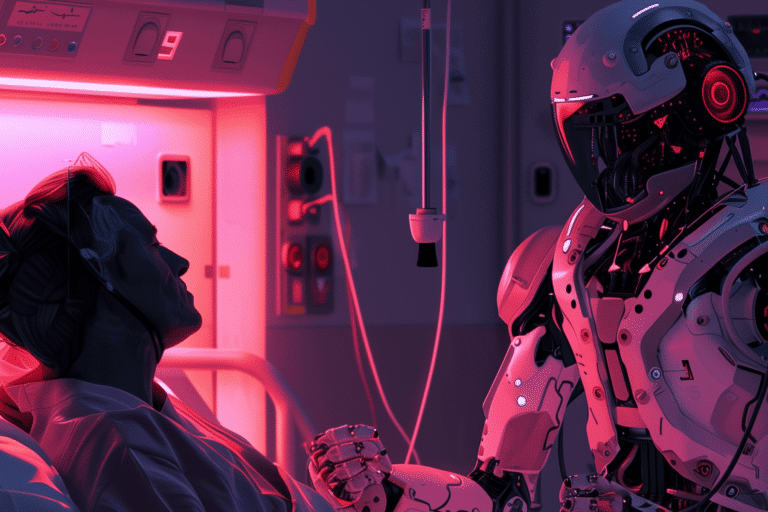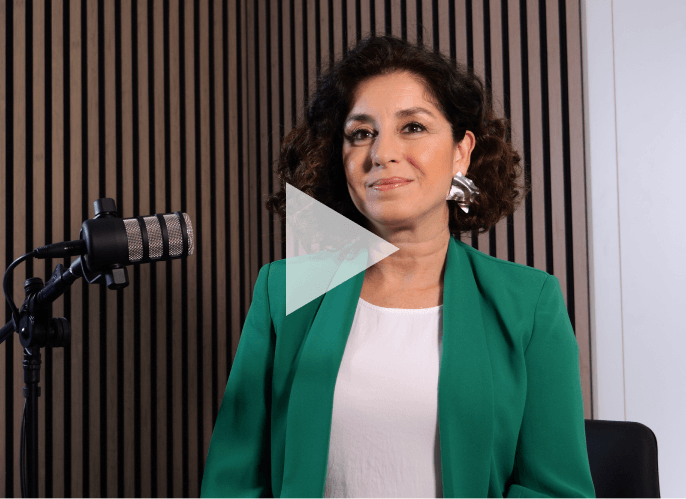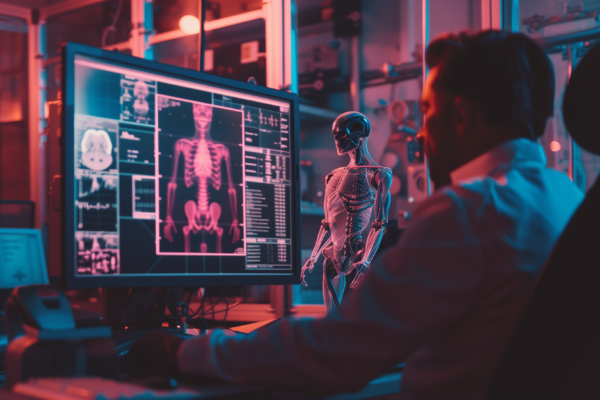In a pioneering move, China has opened the world's first AI-powered virtual hospital, which aims to transform healthcare and access to it. Led by Tsinghua College's Institute of Intelligent Healthcare, this facility provides medical services remotely using advanced artificial intelligence technologies.
The new cyber hospital uses AI agents to conduct medical consultations, make diagnoses, prescribe treatments and manage follow-up care. These AI systems can treat up to 3,000 patients a day and operate with a 93.06% hit rate on medical licensing exams, proving their reliability and efficiency.
The AI doctors in the virtual hospital are designed to learn and improve to provide continuous, high-quality care. They perform tasks that would normally require human medical professionals, which is particularly beneficial in areas with limited access to medical care. The AI systems diagnose, treat and perform follow-up consultations, streamlining the medical process.
Despite its benefits, the integration of AI into the healthcare system comes with significant challenges. Ensuring patient safety, data protection and preserving human empathy in patient care are important concerns. The regulatory framework must evolve to address these issues and strike a balance between technological efficiency and the essential human elements of medical practice.
Global AI trends in healthcare
China's initiative reflects a global trend towards the integration of AI in healthcare. For example, AI-driven eye scans in the UK can detect Parkinson's disease early, and similar technologies are shortening the time it takes to diagnose cancer. These advances underline the potential of AI to revolutionize medical diagnosis and treatment around the world.
China's virtual hospital is an important step towards a more efficient and accessible healthcare system. The country aims to address its healthcare challenges through AI and provide a scalable model that could be adopted globally. The success of this initiative could lead to further innovations in AI healthcare that improve patient outcomes and streamline medical services.
The launch of the hospital underscores China's commitment to using technology to improve public health. The advancement of AI technology promises to solve complex healthcare problems and provide timely and accurate medical care to a wider population.





